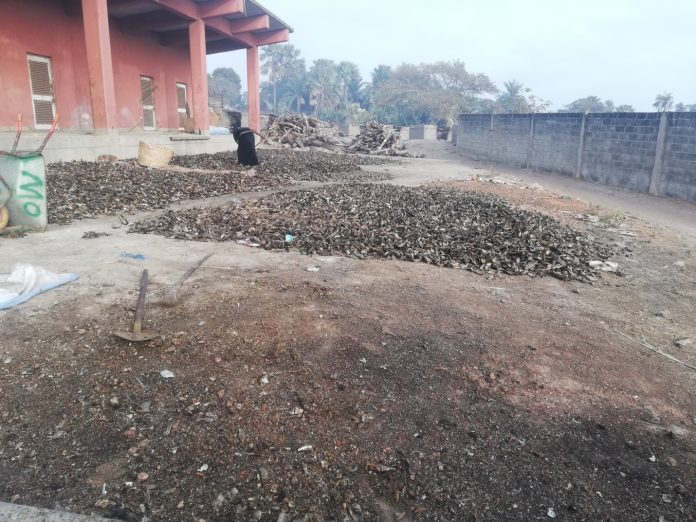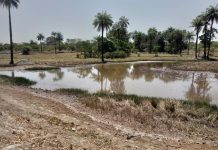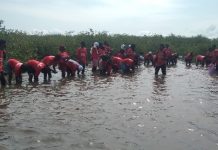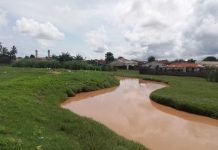By Madiba Singhateh
Residents of Kajaba in Gunjur, Kombo South, are raising alarms over the persistent pollution caused by smoke from fish-smoking activities at the Gunjur beach landing site. The community says the smoke, particularly from rotten fish, poses serious health and environmental risks and is becoming unbearable.
The smoke, residents say, emanates from makeshift, locally constructed smoking shelves that are neither enclosed nor equipped with chimneys. As a result, thick, acrid smoke spreads freely through the wind, affecting the entire area—including women gardeners working along the beach.
According to the environmental group AI, public fish-smoking without proper smokehouses raises major food safety and health concerns. “Such practices often lack hygiene standards, proper equipment, and temperature control, increasing the risk of bacterial growth and toxins like botulinum,” their statement noted.
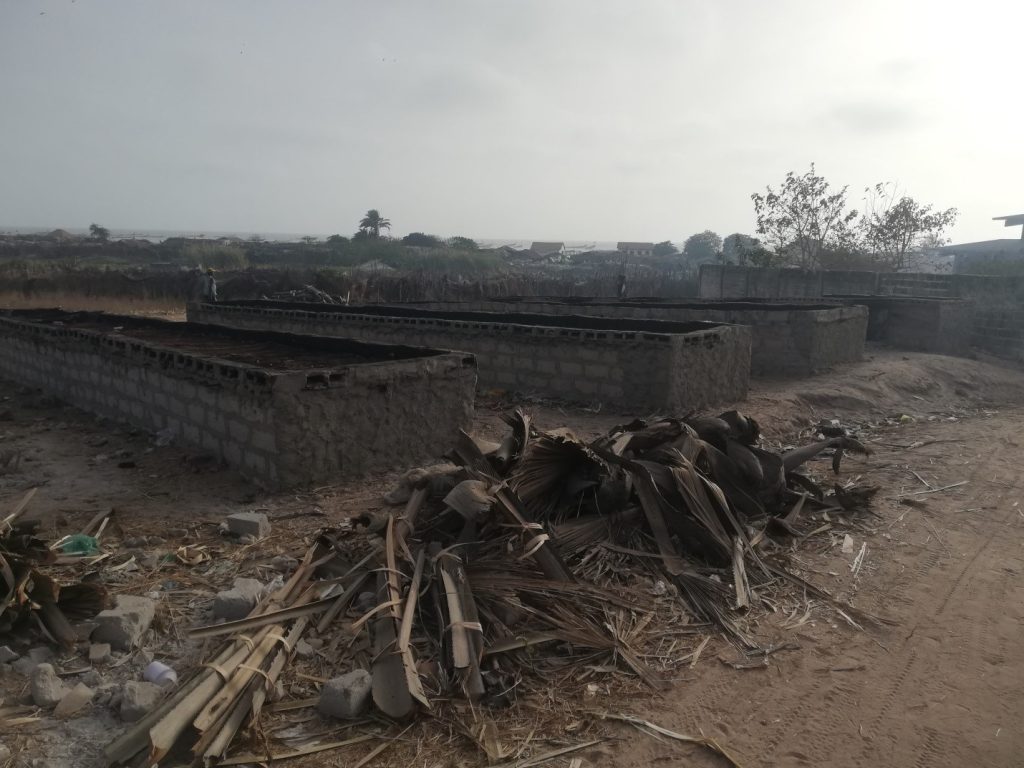
Despite repeated complaints to local authorities, residents say their pleas have been ignored.
Andrew Mendy, a local from Kajaba, recalled a troubling incident. “One day, I was walking towards Sam Sanyang’s house, and the smoke was so thick you couldn’t see across the road. I told Sam, ‘We can’t sit in this smouldering smoke. If you do, you’ll get sick.’” He added that the smoke is especially dangerous for people with asthma or other respiratory conditions. “They say the fisheries committee gave them the place. I don’t even think they are Gambians. The Chinese are already polluting us, and now this is too. If this continues, in 20 to 30 years, people will die like flies,” he warned.
Ba Fatou, a gardener working near the beach, said the smoke frequently disrupts their work. “When the smoke starts, we abandon our gardens and move to other locations,” she said.
Mary, a Nigerian who owns a beachside bar, noted a significant change in the quality of the smoke. “We’re used to smoking on the beach, but not this. When it starts, we either go inside or leave completely—it’s that bad.”
Saidou Sanyang, a local landowner, expressed frustration over the situation. “This affects us badly. Whenever the smoke starts, I have to leave. These people were not supposed to be there. I confronted them, but they told me the landing site committee permitted them. Previous smoking houses had chimneys—we lived with them for 10 years without any issues. This one is too open; it’s completely different.”
When contacted, Badudo Touray, a member of the Gunjur landing site committee, admitted the fish being smoked is mostly rotten and used for fertilizer exported to Senegal, Mali, and beyond. He dismissed the community’s concerns, saying, “These people complaining don’t know what they are saying. Even in Tanji, the whole community is disturbed when smoking starts.”
Touray added that the current operators, reportedly from Senegal, will leave once the rainy season begins.
Boucarr Senghore, a fisheries officer stationed at the site, said he was unaware of the pollution issue but promised to raise it when the committee next meets.
As the community waits for action, the lingering smoke continues to suffocate Kajaba, raising fears of long-term health consequences and environmental degradation.













